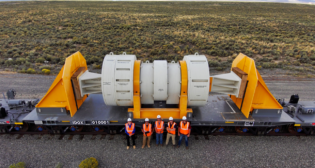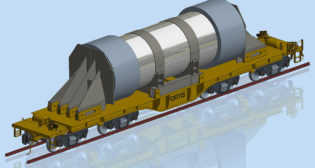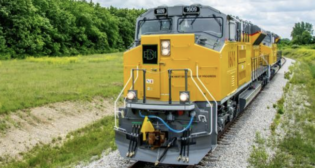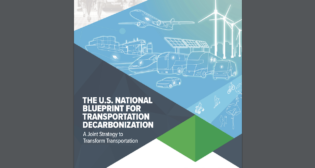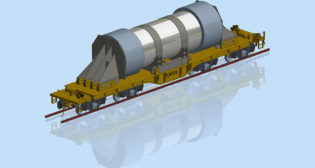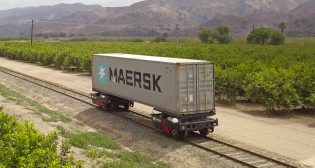
U.S., Canada Provide Statement on Taking Action to Reduce Rail Sector Emissions
Canada’s Minister of Transport Pablo Rodriguez, U.S. Transportation Secretary Pete Buttigieg and U.S. Secretary of Energy Jennifer M. Granholm on Dec. 6 issued a joint statement, on the margins of COP28, addressing
